
One of America’s cable giants is trying to reinvent itself to stay relevant in a modern consumer market as satellite TV demand lowers in popularity. The business wants to use old satellite-TV capital to break into the modern Open RAN 5G network.
However, by mid-2025, the cable giant’s capital for the ambitious project dwindled to just $1 billion.
Financial Problems

Financial problems surfaced when the company bypassed a $326 million coupon on May 30 and another $183 million on June 1. With each payment missed, a 30-day default period starts.
The company is now weighing Chapter 11 not because it can’t build networks, but to keep the FCC from yanking its 2 GHz licenses. People “familiar with the matter” told The Wall Street Journal that the move would let a bankruptcy judge ring-fence spectrum while debts are renegotiated. A spokesperson replied, “We will not comment on rumors or speculation,” the paper noted
A Performance Gap

Metrics from the first quarter of 2025 show a wide performance gap. Cash went down to $1 billion, and total debts went up to a staggering $30 billion.
In the meantime, pay-TV subscribers have dropped by nearly 10% to 7,397 million, and the net loss has gone up to $189,5 million. This revenue loss and rising costs highlight that minor delays can spook markets.
Problems For The Project
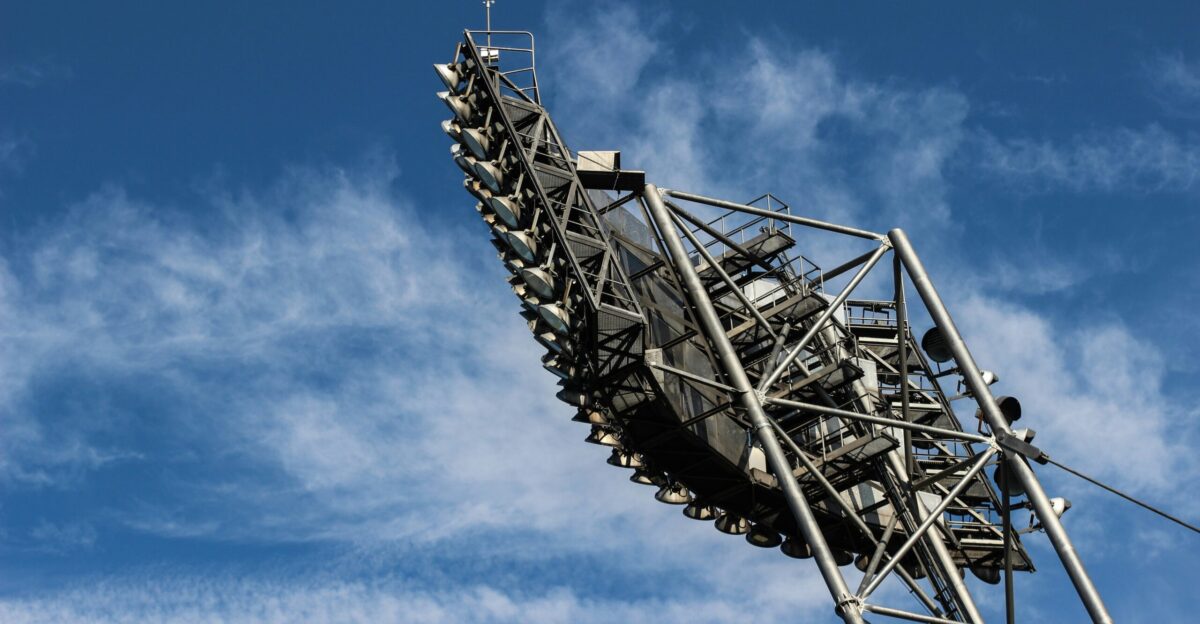
The Federal Communications Commission investigated whether or not EchoStar was covering 80% of Americans.
Chair Brendan Carr warns that “the status quo is not acceptable.” EchoStar counters that the probe freezes investment and jeopardizes billions already spent, turning regulatory risk into an existential threat for America’s would-be fourth carrier.
Subscriber Erosion
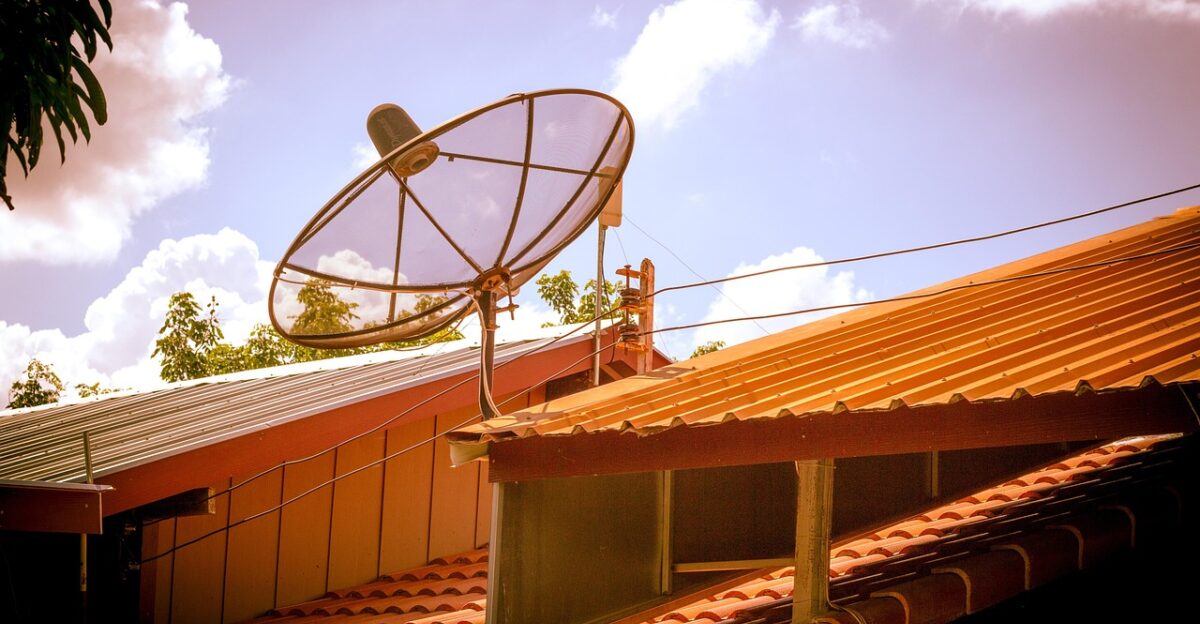
Echostar’s subsidiary Dish once dominated the satellite TV market with nearly 13 million pay-TV homes nationwide. However, in the modern consumer landscape, subscribers have shrunk to just 7.4 million.
Debt pressure is growing as revenue falls and there is less demand for satellite TV. Echostar has rapidly expanded its 5G sites to regain profits and customers.
Expanding 5G Infrastructure
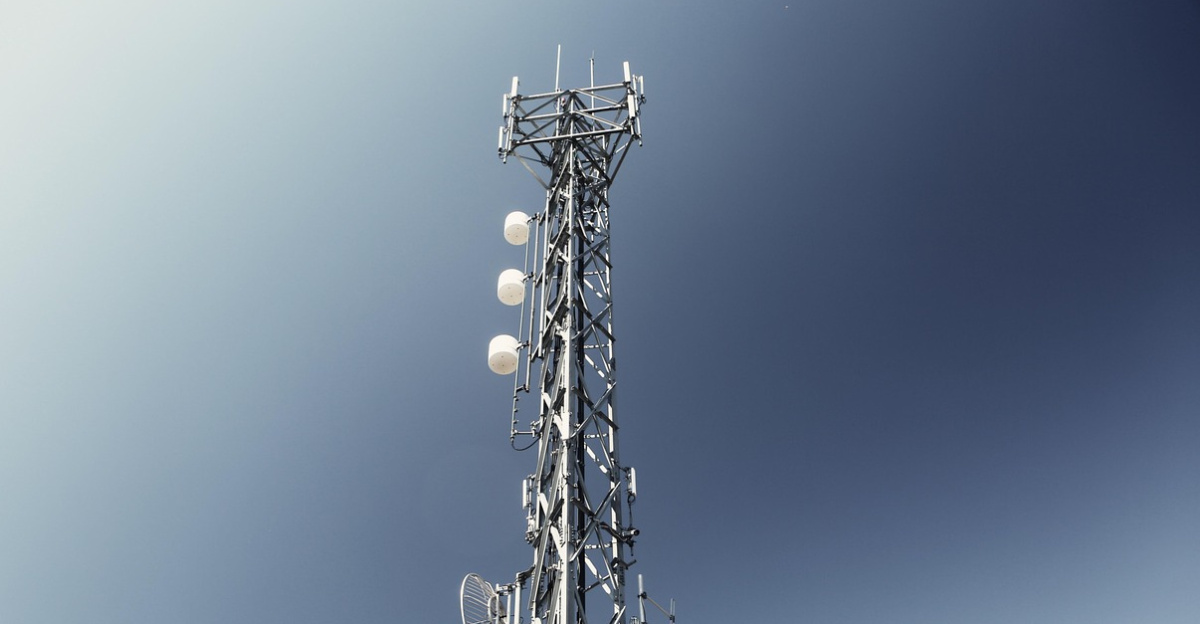
EchoStar touts 24,000 live 5G sites—nine thousand beyond its 2023 pledge—saying Release-17 capabilities arrived a month early.
Meanwhile, SpaceX disputes utilization, claiming satellite scans find token traffic in critical bands. The FCC now arbitrates whether quantity or real-world load defines compliance, a clash that could redraw U.S. build-out rules.
Construction Sites At A Standstill
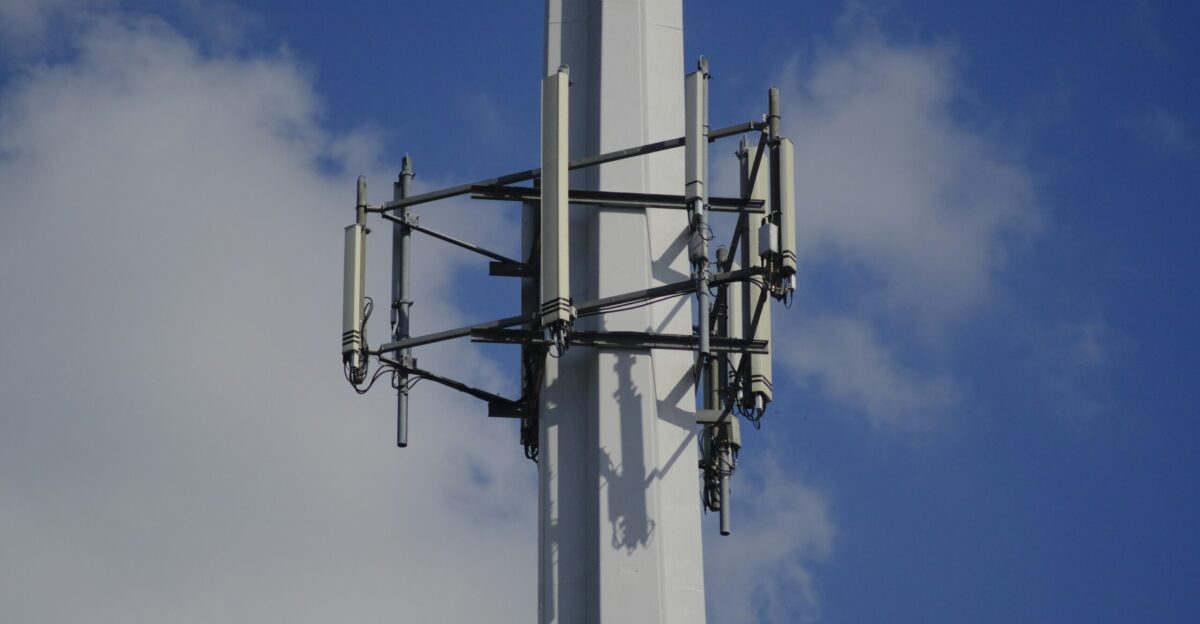
Construction crews have to stop construction, which showcases the impact of debts trickling down the chain.
Contractors are owed considerable payment and rural towns anticipating stronger harvest-season service face coverage gaps. EchoStar’s financial paralysis thus contracts local payrolls and delays digital inclusion in hard-to-serve regions
Rivals

Rivals like SpaceX have petitioned to repurpose EchoStar’s underused 2 GHz airwaves for direct-to-device Starlink.
Comcast and Charter evaluate wholesale buys, while Octus Analytics pegs the spectrum’s auction value at $15-20 billion, worth more than EchoStar’s market cap. If lenders believe liquidation beats reorganization, spectrum could change hands rapidly
Risk Assessment

Moody’s, a leading risk assessment firm, holds EchoStar at junk-grade Caa2 and warns another lapse could spark cross-defaults on $7 billion maturing by 2026.
Law firm Pomerantz probes whether executives masked looming risks, adding litigation overhang to regulatory and credit headwinds. Investor confidence erodes as each headline widens the bid-ask spread.
Stock Ripples

News of the potential court filing triggered an 8.5% drop in EchoStar’s share price the next trading day, extending 2025’s slide to 30.2%.
Options desks also lit up, with June-dated puts at the $12.50 strike trading well above open interest, signaling bearish positioning by “smart money,” according to Barchart’s unusual-activity tracker.
Consumer Worries

Nerves are fraying across hometown phone shops and living rooms. Many consumers wonder if their handsets will suddenly go dark if EchoStar collapses.
Rural satellite-TV households already struggle with limited choices and fear losing the only channel bundle. Stalled tower projects and skipped debt coupons deepen their worries, proving that Wall Street tremors can quickly knock out Main Street signals.
Possible Routes
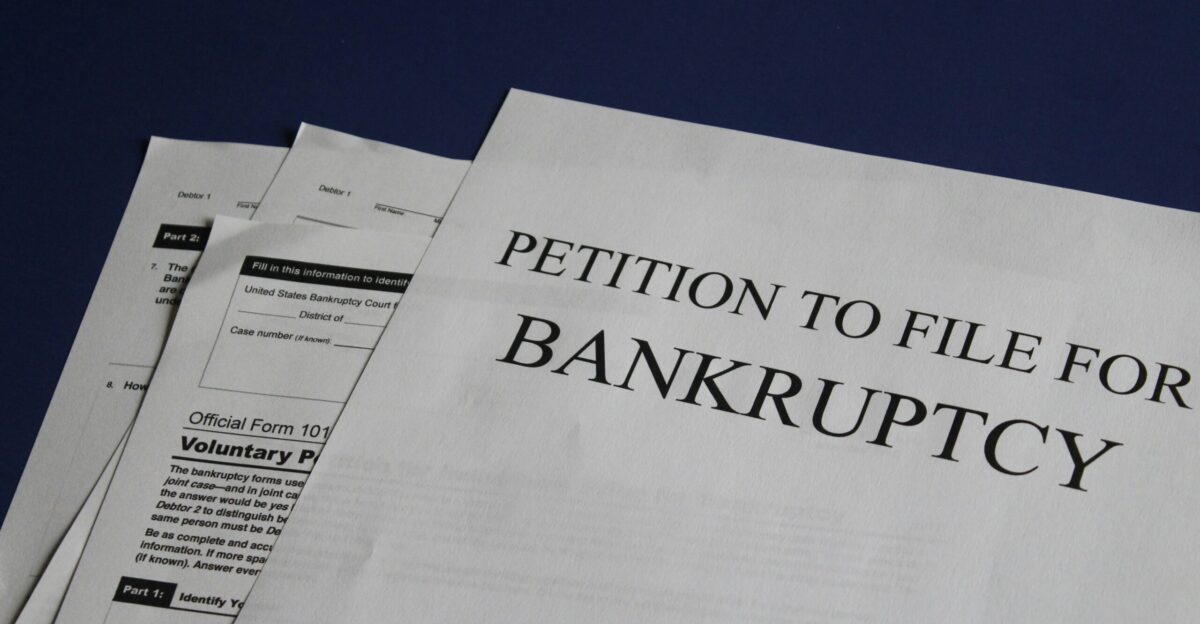
Advisers from Kirkland & Ellis and Lazard outline three routes. First, file Chapter 11 to pause lawsuits while renegotiating bonds. Second, auction off prized airwaves so creditors see cash, even if the 5G dream dissolves.
Third, it must persuade regulators to certify its 24,000-site claim, reviving investor confidence and access to capital. Each fork reshuffles jobs, coverage maps, and shareholder payouts.
Industry Reactions

Deutsche Bank trimmed its price target to $42 from $55 but kept a Buy rating, arguing investors “overreact” to FCC pressure.
Meanwhile, Reuters reports advisers Kirkland & Ellis and Lazard are sketching restructuring scenarios that preserve Boost Mobile operations while auctioning non-core spectrum, a path seen as creditor-friendly if Chapter 11 materializes.
Industry Takeaways

The industry’s takeaways are blunt. Piling $30 billion of loans onto a shrinking subscriber base risks disaster. Assuming yesterday’s regulatory waiver guarantees tomorrow’s approval invites nasty surprises. Bloomberg noted the company skipped a $326 million coupon “because of uncertainty about a regulatory probe,” spotlighting debt piled on shrinking revenue.
Diversifying cash sources matters; a single FCC probe has already frozen tower crews and payrolls. In plain terms, solid balance sheets and open policy dialogue beat sky-high leverage and wishful timelines every time.
The Future For Echostar
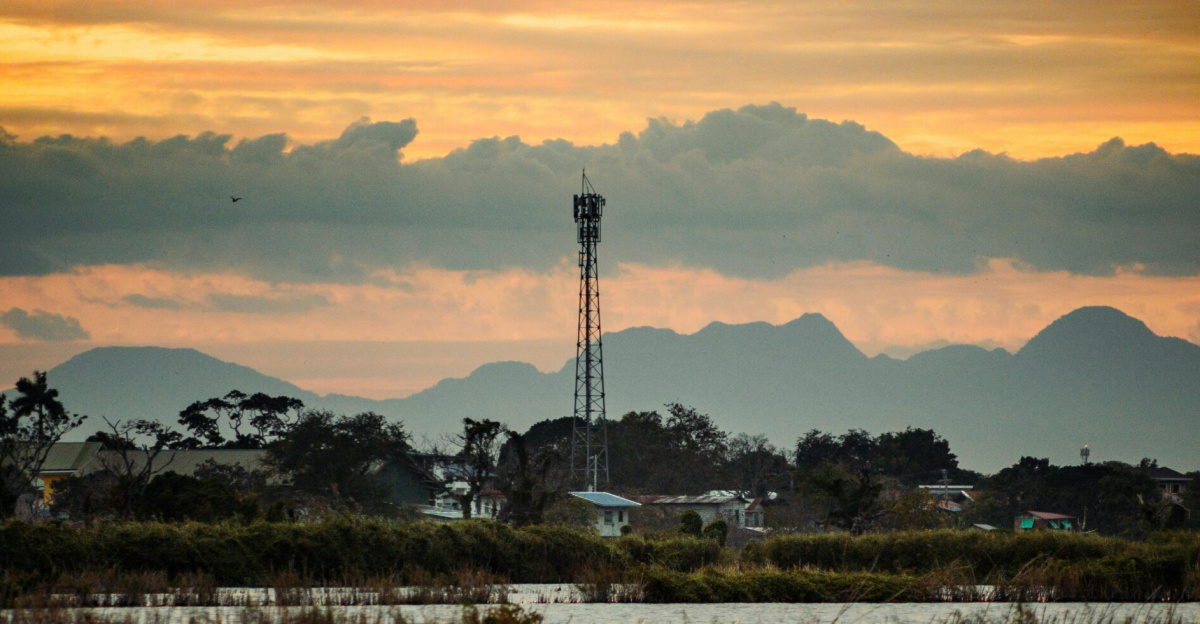
Deadlines stack up fast. Another skipped coupon triggers default after a 30-day grace window, sparking lawsuits and possible asset grabs. Key clocks are ticking. EchoStar has until July 29 to cover the $114 million it deferred on July 1, or lenders can declare default, Bloomberg Law observed. FCC reply briefs landed in early June, with staff recommendations expected later this summer.
Investors now treat mid-summer announcements as make-or-break moments, gauging whether EchoStar refinances, restructures, or abandons its nationwide 5G gamble.